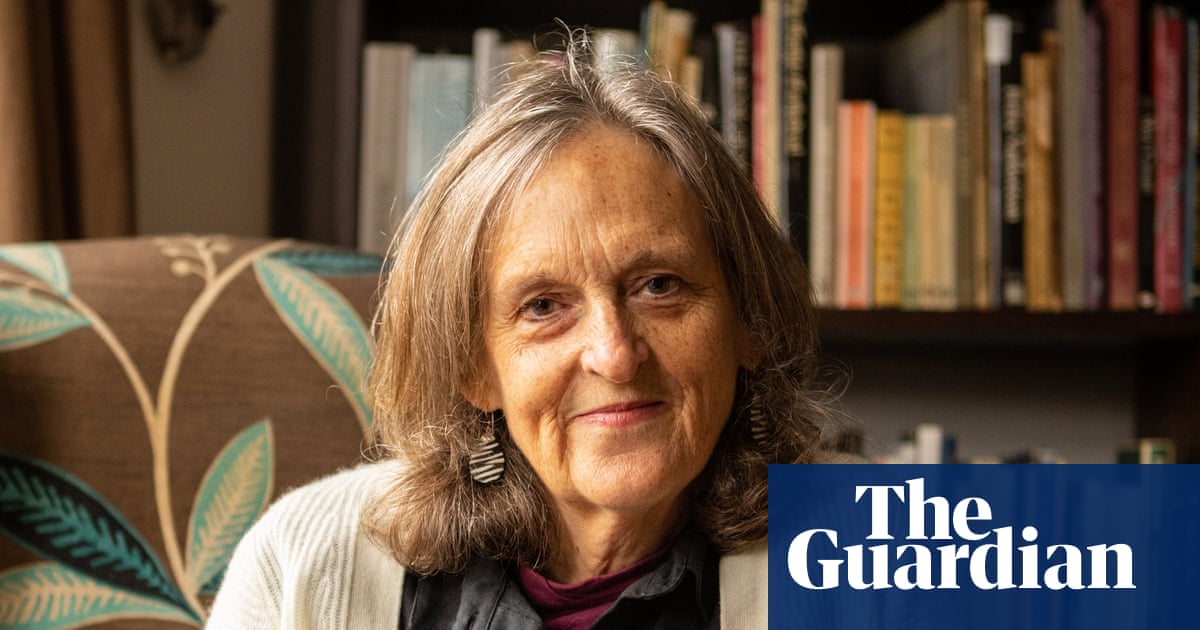
"My earliest reading memory I acquired from somewhere, in my more or less atheistic family, a Ladybird Book of the Lord's Prayer, whose every page I can recover in all its lurid 1960s naturalism. As they forgive us our trespasses against them The horrified boy leaves a hand mark on the wall his father has just painted. My favourite book growing up One of my favourites was E Nesbit's The Wouldbegoods."
"The lives of those Edwardian children seemed as rich as a plum pudding, with their knickerbockers and their ironies, their cook and their sophisticated vocabulary. I didn't understand, in my childhood, that they were separated from me by a gulf of time and change. Because of books, the past seemed to be happening in the next room, as if I could step into it effortlessly."
"The book that changed me as a teenager I hated the girls' grammar school I went to, and in revenge filled my break times with historical novels by Jean Plaidy. These flooded the oppressive grey world of the school with their glorious drama, pregnancies and deformities and adulteries, messengers eating their own shoe leather because they brought bad news. The writer who changed my mind When I moved myself to the comprehensive school, we studied the Liverpool poets and Stan Barstow."
An earliest reading memory involves a Ladybird Book of the Lord's Prayer, recalled in lurid 1960s naturalism with a scene of a horrified boy leaving a hand mark on newly painted wall. Childhood favourites included E Nesbit's The Wouldbegoods, whose Edwardian children felt richly detailed and temporally near. Teenage reading of Jean Plaidy's historical novels transformed a grey school world with dramatic pregnancies, deformities, adulteries and desperate messengers. Exposure to Liverpool poets, Stan Barstow and Andrew Marvell's An Horatian Ode revealed new subtlety. Henry James's What Maisie Knew intensified the desire to create intricate, alive fiction while also intimidating that ambition.
Read at www.theguardian.com
Unable to calculate read time
Collection
[
|
...
]